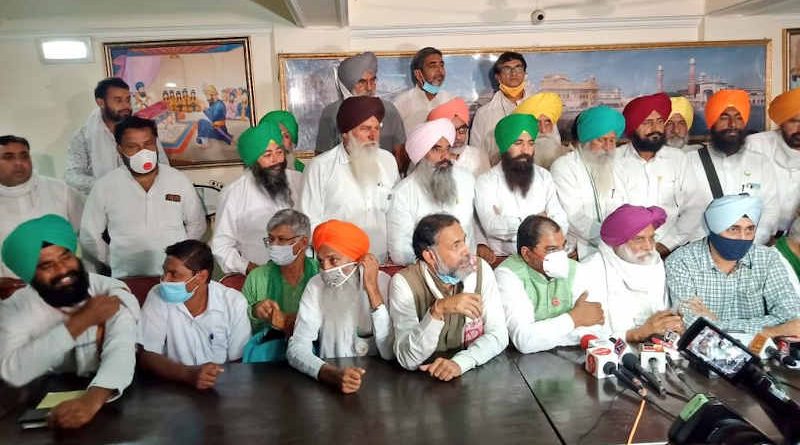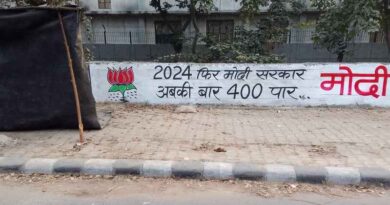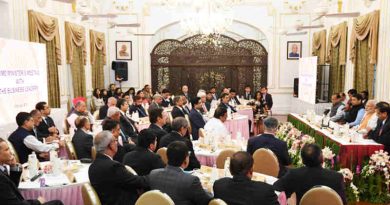Protesting Farmers Defy Covid-19 Restrictions in Delhi

Farmers assert that the Modi government is using the coronavirus excuse to deprive them of their right to protest and coronavirus cannot harm them.
By Rakesh Raman
Indian farmers have decided to continue their sit-in protests at Delhi borders despite the sharp rise in Covid-19 cases in and around the national capital. Farmers – mostly from Punjab – have rejected the government’s advice to end their protests against three new farm laws introduced by the government of Prime Minister (PM) Narendra Modi.
Thousands of farmers have been protesting on the outskirts of Delhi since November 2020 to get the farm laws repealed and get a legal guarantee for the minimum support price (MSP) on their crops. But the Modi government has refused to accept any of farmers’ demands.
As a result of the government’s indifference and incompetence of farmer leaders, most of the farmers have already gone back to Punjab and the farm agitation has failed. Now, the Modi government is using the coronavirus factor to remove the remaining farmers from the protest sites.
Earlier, in November last year, Delhi Police had denied permission to farmers to enter the national capital with the argument that the farmers’ gathering will spread coronavirus in Delhi. Subsequently, farmers decided to sit at the borders instead of holding their demonstrations in the city.
As these protesting farmers have made makeshift homes in their tractor trolleys and tents, they do not wear face masks and do not observe safe-distancing guidelines that are usually given to stop the Covid contagion. However, according to farmers, there is hardly any report of Covid infection or death at the protest sites.
They also argue that if Modi can hold huge election rallies without observing the health guidelines, he cannot impose his Covid rules on protesters just to derail the protests unscrupulously. Farmers assert that the Modi government is using the coronavirus excuse to deprive them of their right to protest and coronavirus cannot harm them.
It shows that the health experts who are issuing the guidelines have not fully understood the traits of coronavirus. If this virus spreads with proximity as it is being suggested, then a large number of protesting farmers would have caught the infection by now.
Although Delhi is among the most-affected cities of India where coronavirus is spreading rapidly, there is no indication to conclude that the virus is increasing in the national capital because of protesters around Delhi – many of whom come from the protest sites to the national capital.
In fact, Delhi chief minister Arvind Kejriwal – who is supposed to check the spread of the virus – went to the protest site a few days ago to meet the farmers. Kejriwal encouraged farmers to continue their protests.
Since the crowds of farmers around Delhi are not infected, it proves the fact that coronavirus – and its existence – is still a conundrum for the world health community.
By Rakesh Raman, who is a national award-winning journalist and social activist. He is the founder of a humanitarian organization RMN Foundation which is working in diverse areas to help the disadvantaged and distressed people in the society. He also runs The Outbreak magazine, which covers global coronavirus news and views.





